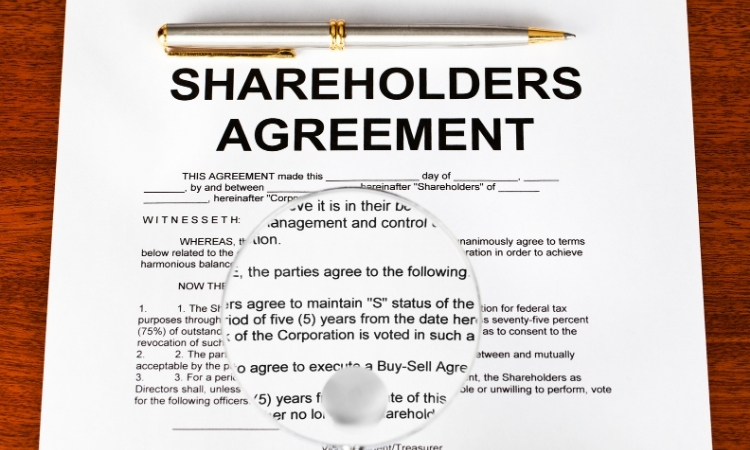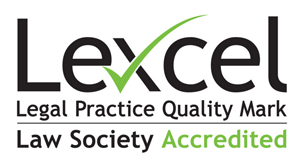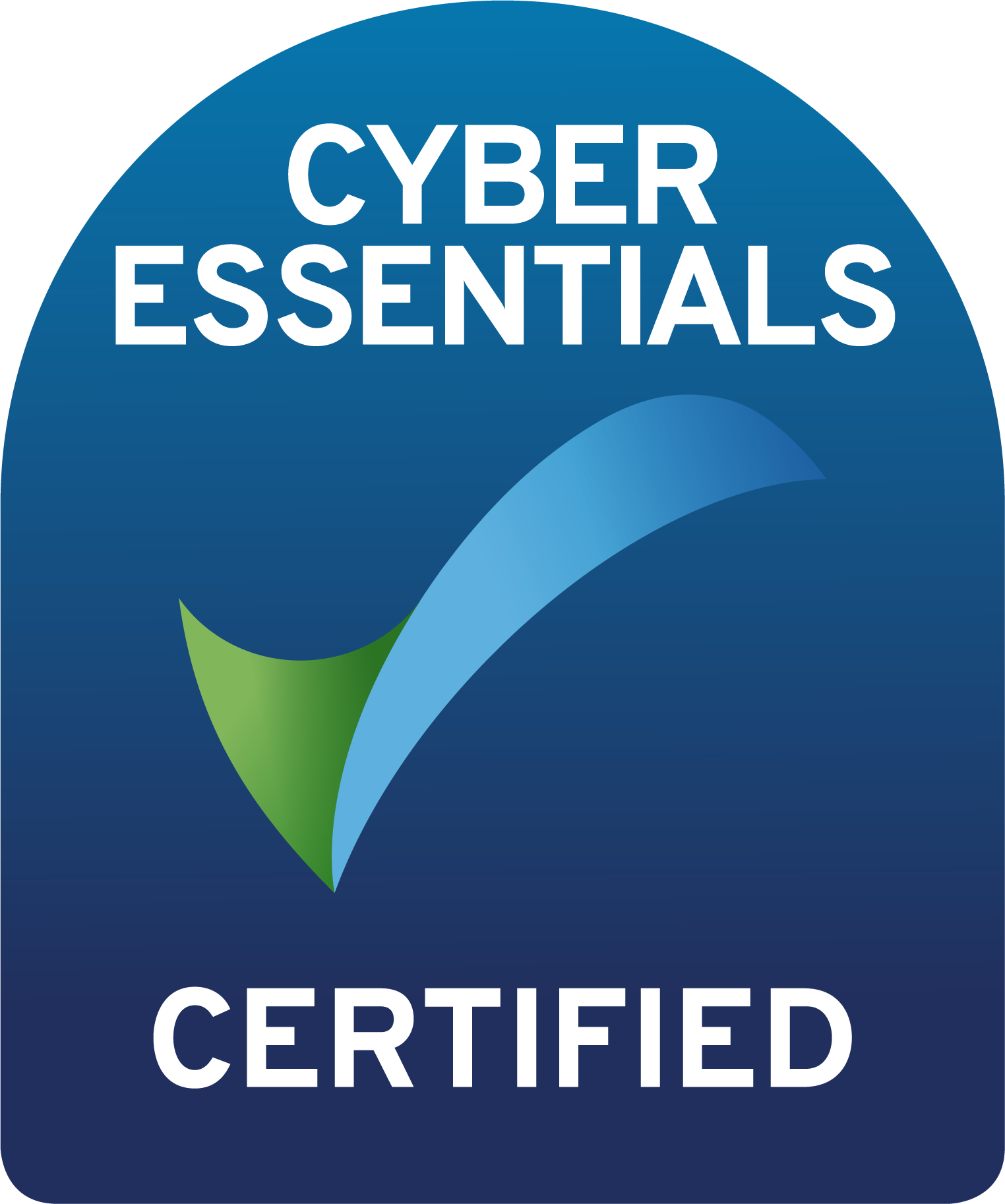The safety of our staff and clients is our top priority. We closed the offices on Wednesday 24th April 2024 to do a full day of first aid training with Abacus Training. A health emergency or accident can happen anywhere, at any time. It is important to...
Summary
Shareholders, particularly with minority shareholdings, in small to medium companies are well advised to enter into a shareholder agreement. A well drafted shareholder agreement can help create clarity and certainty and reduce the potential for conflict between shareholders. Read more to find out what a shareholder agreement is and how it can benefit shareholders.
What is a shareholder agreement?
A shareholder agreement is a formal and binding agreement between the shareholders of a company and can set out matters including the rights and responsibilities of the shareholders. There is no legal requirement for a shareholder agreement and it is therefore easy to overlook the need for one, particularly when setting up a new venture. However, further down the line, views may diverge, circumstances can change and resentment may build between shareholders. Having a shareholder agreement can provide not only a framework for the company’s operation but also a guide and reference point in the event of potential disputes between shareholders. The forum for discussion offered by the consideration of issues highlighted in consideration of a shareholder agreement is often invaluable to shareholders.
How can a shareholder agreement benefit shareholders?
Spending time thinking about potential pitfalls is no one’s idea of fun, but in the case of a shareholder agreement, doing so at the outset can provide peace of mind and certainty. Whilst a shareholder agreement can cover a wide range of topics, some of the core benefits of having an agreement drafted are set out below:
Certainty over shares – an agreement can provide a degree of certainty about the shares and shareholding in the Company by covering issues such as: how and when new shares can be issued; who existing shareholders can transfer their shares to; and what happens to a shareholder’s shares if they pass away. A well drafted agreement can also provide a useful framework when selling shares, either by an individual shareholder, providing clauses such as to the pre-agreed valuation mechanisms, or the sale of the entire share capital of the company, using drag and tag provisions which allow majority or minority shareholders to engage all shareholders in such a transaction.
Control over decision-making – a shareholder agreement can set out which decisions can be made and by whom. It can specify decisions which need unanimous approval of all shareholders and decisions which have a lower threshold for approval.
Clarity over shareholder rights and responsibilities – an agreement can detail the expectations of each shareholder and what their rights are, this is particularly relevant for minority shareholders. Clauses can also be inserted to provide clarity in relation in linking shareholding to employment or directorship thereby triggering the sale of their shares upon termination of the employment or directorship relationship with the company.
What do I need to do next?
If you already have a shareholder agreement, it is a good idea to diarise to review this on a regular basis, at least once every two years to ensure that the agreement is still fit for purpose. Any new shareholders are not automatically bound by a pre-existing shareholder agreement and would need to sign a Deed of Adherence to be bound to the pre-existing agreement. If you would like to discuss a Deed of Adherence, you can contact us here.
If you do not have a shareholder agreement, please feel free to get in touch to discuss how we can help draft a shareholder agreement tailored to suit your circumstances and needs.
Steve Kirwan
01782 831833
steve.kirwan@nowellmeller.co.uk




